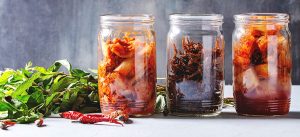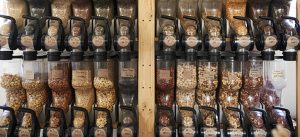Purines are a chemical compound found in foods and drinks. Some people have trouble metabolising or their bodies produce too many purines which they can’t excrete enough. This causes hyperuricemia gout arthritis.
Eating high-purine foods raises levels of uric acid and too much uric acid in your body causes pain.
About two-thirds of uric acid is produced by your body naturally. Excess uric acid can produce crystals which build up in soft tissues and joints, causing the painful symptoms of gout.
Begin by eliminating foods in the ‘high-purine.
The Role of Purines
So what are purines? Purines are substances in both animal and plant-based foods that your body converts naturally into uric acid.
The liver breaks down purines and the waste product called uric acid.
If your body can’t flush the excess uric acid out through the kidneys, it builds up in the bloodstream and deposits them as crystals in your joints.
These crystals cause severe inflammation and intense pain of a gout attack.
High Purine Foods
Alcohol – Beer
Meats – especially organ meats and red meats
Seafood – Scallops, Tuna, shellfish, anchovies, sardines, herring, Trout, Haddock and mackerel
Fizzy Drinks – with high fructose corn syrup
Yeast or yeast extract
Saturated Fats
Moderate Purine Foods
Vegetables – asparagus, spinach, mushrooms, green peas and cauliflower
Dried beans, lentils and peas
Low Purine Foods
Vegetables – All other vegetables not listed above
Fruit
Rice, pasta, breads, potatoes
Gout Notes
Alcohol inhibits the ability to eliminate uric acid so people with gout are advised to avoid alcohol
Beer notoriously brings on gout attacks as it contains both alcohol and yeast, which is high in purines
Avoid High-fat foods as fat holds uric acid in the kidneys
Keep hydrated! Drink lots of water as it helps the kidneys to remove uric acid



